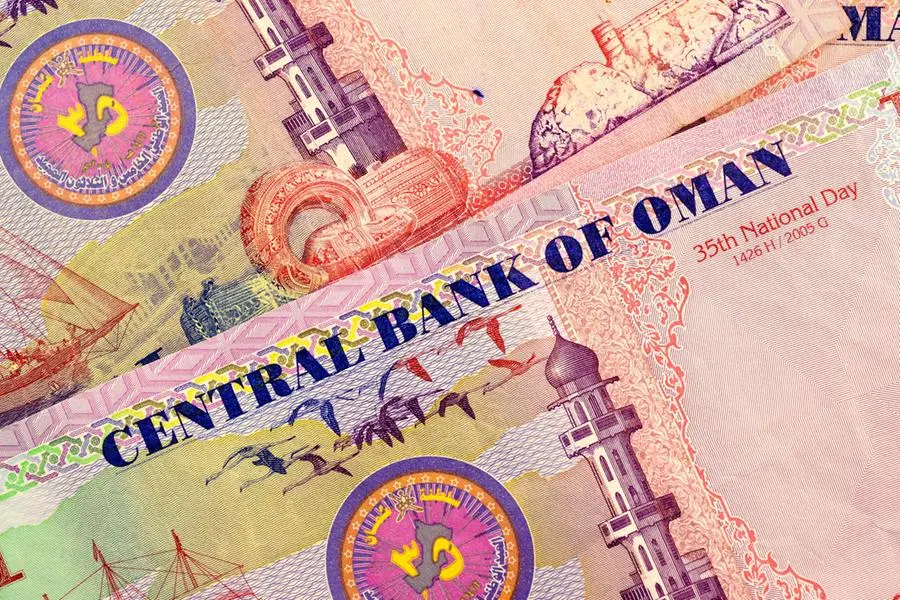PHOTO
Muscat – Oman’s budget surplus significantly decreased to RO391mn in the first half of 2024, down from RO656mn recorded during the same period last year. This drop is largely due to a decline in public revenues and a slight increase in spending.
According to Ministry of Finance’s Fiscal Performance Bulletin issued on Monday, total public revenues decreased 2% to RO6.197bn in the first six months of this year, compared to RO6.342bn during the same period in 2023. This decline is mainly attributed to a decrease in net gas revenue and current revenue.
Of the total public revenues, net oil revenue increased 3% to RO3.362bn, up from RO3.257bn in the same period of 2023. Average realised oil price was US$82 per barrel, with average daily oil production of 1.003mn barrels in the first half of 2024.
On the other hand, Oman’s net gas revenue dropped to RO943mn in the first half of 2024, a 15% decrease from RO1.115bn recorded in the same period in 2023. This decrease was caused by changes in the methodology for collecting gas revenue, Ministry of Finance informed in its bulletin.
Current revenue also fell to RO1.882bn, down by RO80mn from the RO1.962bn recorded in the first half of 2023.
Spending up 2%
As of the end of June 2024, Oman’s total public spending reached RO5.806bn during in the January–June period of this year, an increase of 2% or RO120mn compared to the same period in 2023.
Current expenses for civil ministries amounted to approximately RO4.065bn, a slight decrease of RO13mn from the RO4.078bn recorded in the first half of 2023.
Development expenditure for civil ministries and units stood at RO502mn, representing 56% of the total development spending of RO900mn allocated for 2024.
Total contributions and other expenses rose 40% to RO1.088bn, up from RO775mn in the same period of 2023. This increase was mainly driven by implementation of the social protection system, according to the ministry’s bulletin.
Subsidies for the social protection system, electricity and oil products amounted to RO280mn, RO259mn and RO153mn, respectively. Additionally, RO200mn was allocated to future debt obligations.
During the first half of 2024, Ministry of Finance paid more than RO558mn to the private sector. This reflects payment vouchers processed through the e-financial system that completed documentation cycle.
In the second quarter of 2024, the government was able to repay several outstanding financial obligations, reducing public debt to RO14.4bn, down from RO16.3bn at the end of Q2 2023, according to the data.
© Apex Press and Publishing Provided by SyndiGate Media Inc. (Syndigate.info).Tridwip





















